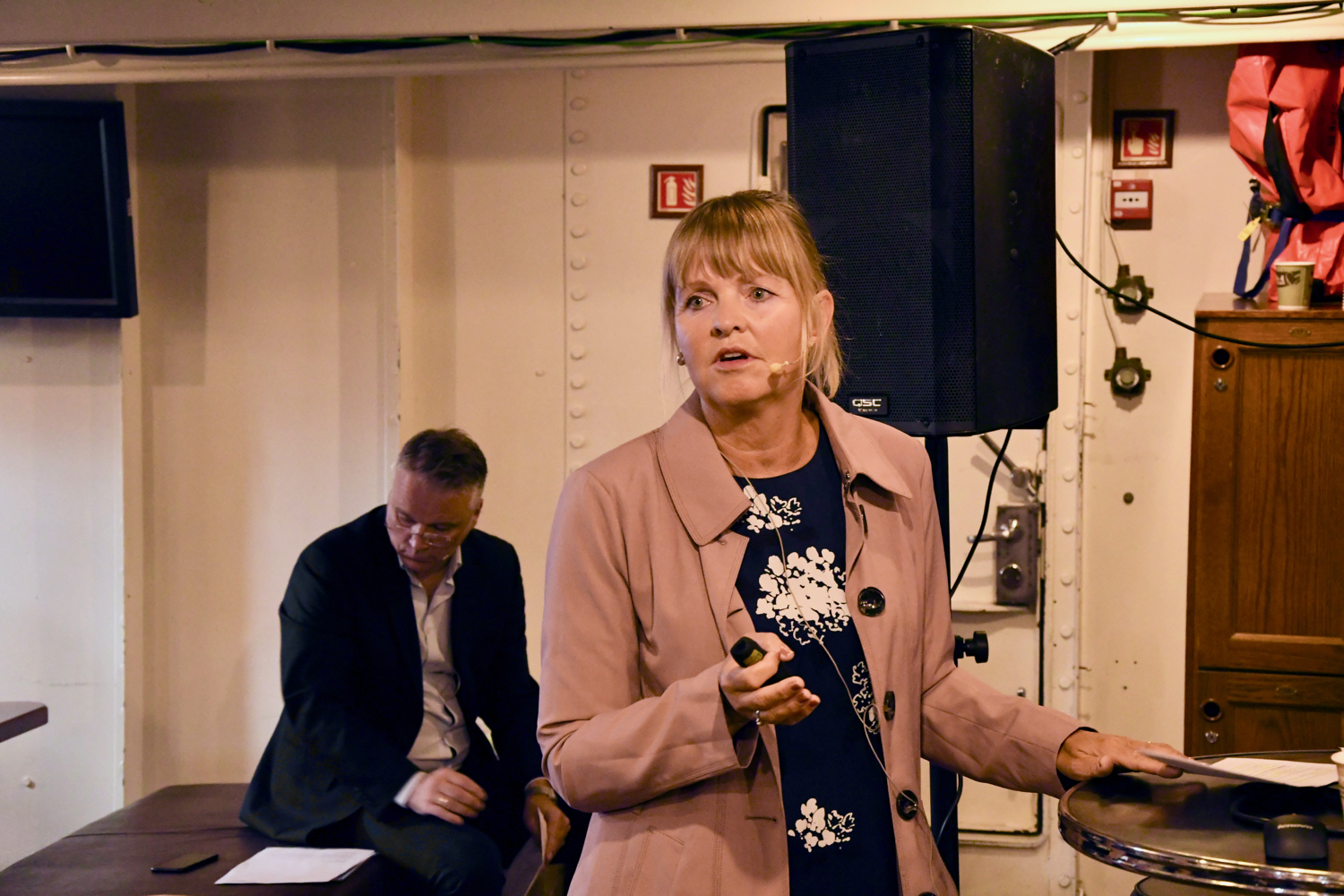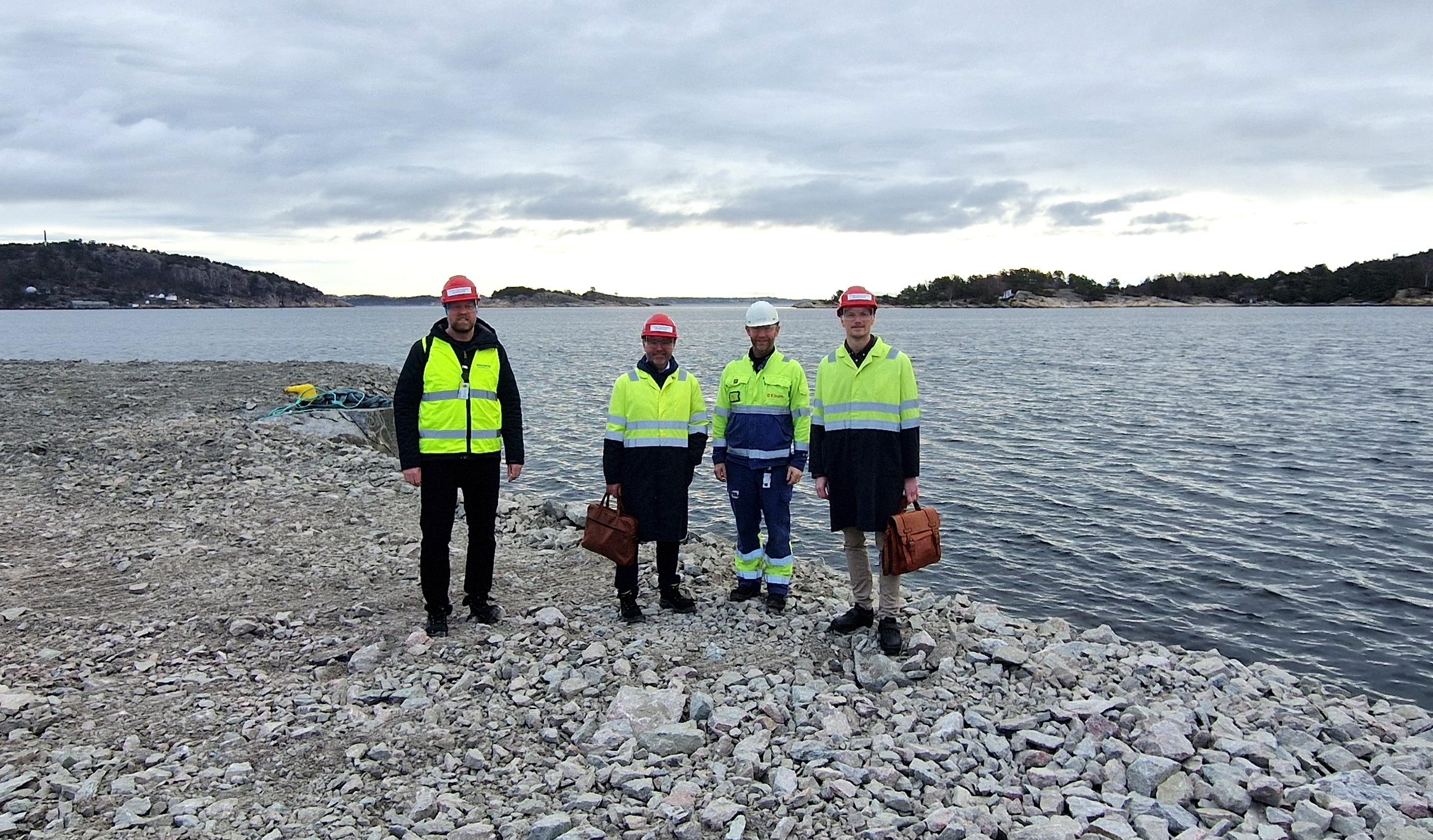“It is important for us to be inspired by other industries, and not only the traditional construction industry. We have deliberately recruited people from oil and gas to provide us with new perspectives, especially with regards to technology and project management. One third of our employees have a background from oil and gas,” says Anette Aanesland, Senior Vice President Technology and Development Strategy at Nye Veier.
In 2016, Nye Veier was established to speed up the process of building highways. Till then, Norwegian road authorities had a reputation for slow and piecemeal building of roads. At Nye Veier, the idea is to build long stretches of modern highways in record time. The current portfolio is 530 kilometers, including the stretch between Kristiansand and Stavanger.
A SCIENTIFIC APPROACH
Nye Veier cooperates with the University of Agder, The Norwegian University of Science and Technology and other universities and research institutes in an effort to build more intelligent roads.
“Our ambition is to build roads that utilizes current and future technology to make travel safer and more efficient,” says Aanesland.
The effort is appreciated by Ketil Solvik-Olsen, Minister of Transport and Communication.
“We have a history for being early adopters of new technology. We need to explore the possibilities presented by new technology for our road system,” says Solvik-Olsen.

NODE COMPANIES INVOLVED
Several companies in the GCE NODE cluster already contribute to making roads safer and more efficient. At a seminar in Arendal Wednesday morning, representatives from Tratec Norcon and Scanmatic explained how their technology makes a difference. Both companies provide automated incident detections systems that help operators at the road traffic management centers make the right decisions.
“We are currently installing 42 cameras in a 2.4 kilometers long tunnel in Brevik. Information from the cameras is analyzed to detect any abnormalities in movement patterns. Alarms are automatically issued if there is an incident,” says Bent-Ståle Johansen, CEO of Tratec Norcon.
The software is able to detect very slow-moving vehicles, dropped payload, movement in the wrong direction, smoke and more.
Stig Yngvar Nilsen at Scanmatic showed how radars and software can detect and distinguish between vehicles, people and animals. Algorithms determine normal movement patterns and any deviations are instantly reported.
Tunnel safety is a big issue in Norway, which holds the European record for most tunnels (1100 road tunnels and 800 railroad tunnels).
“We have also recruited oil and gas competence to help us improve safety in Norwegian tunnels. Our ambition is to develop world-class competence for tunnel safety, which will make us an attractive player in a huge European and global market,” says Helen Roth, Cluster Manager of The Norwegian Tunnel Safety Cluster.





